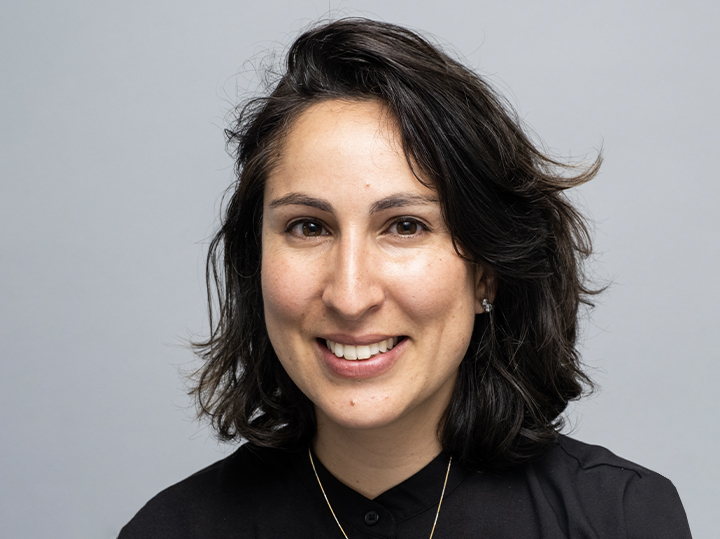ADAPTATION Lecture: Lola Ben-Alon
Monday, October 23, 2023
6:00 pm - 6:00 pm
Geo-bio Materials: The Winning Duo of Ecological Architecture
Earth- and bio-based materials and techniques offer a critical alternative to conventional cementitious and petroleum-based materials. They emulate known industrial material properties and yet offer a different, more environmentally conscious and human-centered relationship to the construction industry and building practice. This is not only because of their chemistry, which is more “natural.” It is also because earth- and bio-based materials are more proximate, and offer less displacement, from the building to communities who use them. In this lecture Lola Ben-Alon will present the opportunities — and required future work — to catalyzing the broader implementation of geo-bio materials, while showcasing a range of novel mix-designs, fabrication techniques, and design demonstrations developed as part of the Natural Materials Lab.
About Lola Ben-Alon
Lola Ben-Alon is an Assistant Professor at Columbia GSAPP, where she directs the Natural Materials Lab and the Building Science and Technology curriculum. She specializes in earth- and bio-based building materials, their life cycle, supply chains, fabrication techniques, and policy. Ben-Alon received her Ph.D. from the School of Architecture at Carnegie Mellon University, and she holds a B.S. in Structural Engineering and M.S. in Construction Management from the Technion, Israel Institute of Technology. At the Technion, Ben-Alon co-founded the Experimental Art and Architecture Lab. She has previously served as a curator and exhibition developer for Madatech, Israel’s National Museum of Science, Technology, and Space. Her work has been exhibited at the Tallinn Architecture Biennale, Tel-Aviv Museum of Art, and the Israel Museum in Jerusalem, and published in Building and Environment, Journal of Green Building, and Automation in Construction. Ben-Alon serves on the board of ACSA’s Technology | Architecture + Design, and Elsevier’s Renewable and Sustainable Energy Reviews.
About the Lecture Series
Adaptation implies a response to change. To adapt means to adjust, modify, and alter one’s response to changes in its various forms: slow, radical, planetary, and local. Adaptation suggests acknowledging new ways, ideas, technologies, and mindsets reacting and responding to possible futures, messy pasts, and complex contexts. Adaptation also refers to switching genres and media to serve better communication or to reach new audiences.
The processes of adaptation are often not as transparent as we would like them to be. They invite analyses, careful investigations, and debates on usefulness, functionality, reuse, ruin, and waste. Adaptation may sometimes mean finding ways to survive conditions that are not ideal and out of control, whereas to adapt may mean recalibrating one’s expectations to fit into new paradigms. As we confront inequities emerging from discrimination, gentrification, and climate change, among other global shifts, adaptation is everywhere.
Our lecture series cuts across geographies and disciplines to look at crises and inflection points, changing extraction and expert cultures, mutating legal, regulatory, and mapping systems, preservation and surgical interventions, and innovative and interdisciplinary construction practices.

- Location
- 4200 Elgin St, Houston, TX 77204


